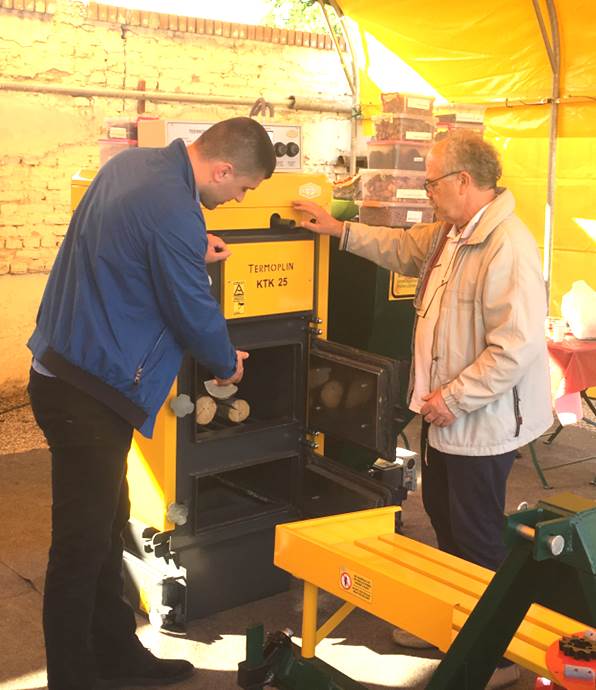Made in Danube - Local Action Plan presented at 3rd South East European Conference on Sustainable Development of Energy, Water and Environment Systems
30-07-2018
Obstacles and constraints in biomass utilization
Professor Milan Martinov from the Faculty of Technical Sciences Novi Sad, project partner in Made in Danube,
gave a presentation about the obstacles and constraints in biomass utilization during the 3rd South East
European Conference on Sustainable Development of Energy, Water and Environment Systems on June 30th in
Novi Sad.

After a short introduction, Prof. Martinov emphasized the relevance of LCB (Lignocellulosic Bioethanol) production
in Serbia. However, there are major obstacles such as the missing supply security, the collection technology
and the risks for potential investors. Prof Martinov gave special attention to the relevance of water transportation
which needs to be more tightly integrated into the logistics supply chain of corn stovers in order to minimize
overloaded public roads and reducing costs and environmental impacts.
Professor Martinov further presented innovation challenges identified within Local Action Plan of Biofuels elaborated
in the Made in Danube project. He stated that in the Danube Region there is still a vast unused potential for biofuels
and that the utilization of corn stover and corn cobs can contribute to farmers’ higher incomes and thus to rural
development. Another challenge includes the urgent need to improve biomass appliances for residential heating.
This alternative heating system constitutes a low-cost solution with an acceptable level of emission pollutants.
From the legislative point of view, Professor Martinov criticized that there aren’t any actual data for
nitrogen oxides, agricultural biomass and other pollutants which is caused by missing mandatory product testing’s.

Mr. Martinov finished the presentation by introducing a joint project with the Technical University of Hamburg,
which aims at using corncobs as an energy source and at improving the current heating appliances concerning
environmental impacts. This can primarily be achieved through boiler reconstruction and additives for pellets.
